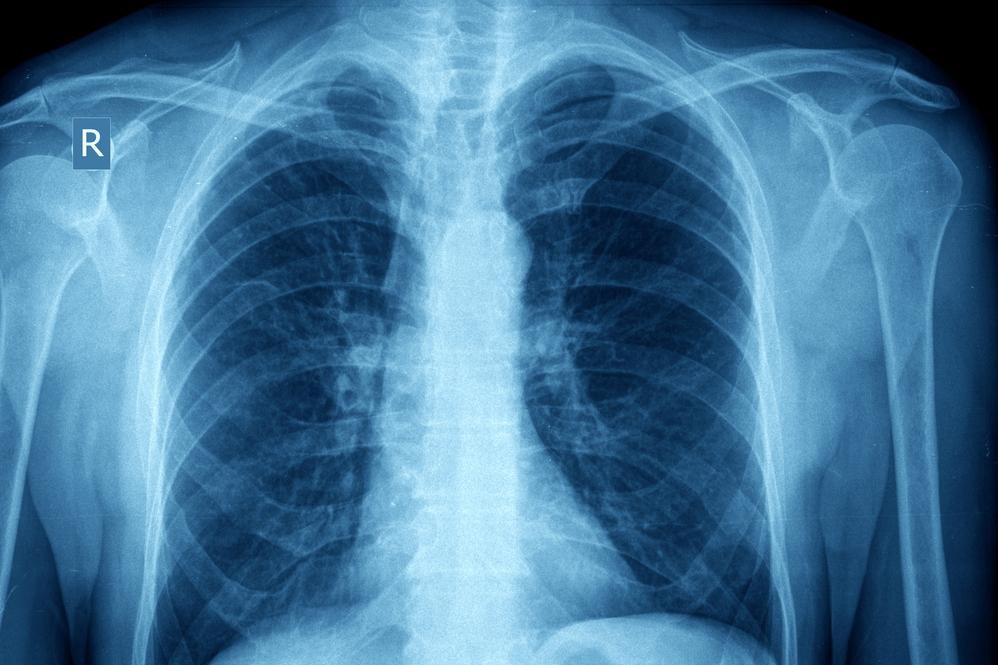Comprehensive Guide to Managing Moderate Asthma in Teenagers and Adults
This comprehensive guide provides detailed strategies for managing moderate asthma in teenagers and adults, emphasizing diagnosis, medication, lifestyle changes, and environmental control. It aims to help readers understand effective management practices to improve quality of life and prevent asthma attacks. Suitable for patients and caregivers, the article covers essential diagnostic tools, medication options, trigger avoidance, and personalized action plans for optimal respiratory health.

Effective Strategies for Managing Moderate Asthma in Teens and Adults
Moderate asthma represents a manageable yet persistent respiratory condition that significantly impacts daily living for teenagers and adults. Characterized by daily symptoms such as wheezing, chest tightness, shortness of breath, and coughing, this form of asthma requires consistent management to prevent flare-ups and improve quality of life. Individuals with moderate asthma often rely on frequent inhaler use, including both rescue and controller medications, to mitigate symptoms and maintain respiratory health. The impact of this condition is far-reaching, often disrupting sleep patterns, affecting work or school performance, and limiting physical activity.
Understanding how to control moderate asthma effectively involves a combination of accurate diagnosis, appropriate medication regimens, lifestyle adjustments, and ongoing monitoring. Healthcare providers typically diagnose moderate asthma through a thorough review of medical history, assessment of symptom frequency and severity, and physical examinations such as lung auscultation. This comprehensive approach ensures proper identification and tailored management strategies.
Further diagnostic tools are integral to a complete evaluation of asthma severity and triggers, including:
Chest X-ray: Used to rule out infections, structural abnormalities, or other lung diseases that might be contributing to respiratory symptoms.
Spirometry: A vital test measuring lung capacity and airflow to determine the extent of airway obstruction and monitor the effectiveness of treatment.
Allergy Testing: Identifies specific allergens such as pollen, dust mites, mold, or pet dander that may provoke asthma attacks, enabling targeted avoidance and immunotherapy options.
Effective management of moderate asthma hinges on a multi-faceted approach aimed at controlling symptoms, reducing the frequency and severity of flare-ups, and enhancing overall respiratory health. Central to this strategy is the use of appropriate medications. These include:
Inhaled Corticosteroids (ICS): The cornerstone of long-term asthma control, reducing airway inflammation and decreasing the frequency of attacks.
Long-Acting Beta-Agonists (LABAs): Maintenance medications used in combination with ICS to improve airflow for extended periods.
Rescue Inhalers (Short-Acting Beta-Agonists): Fast-acting relievers used during episodes of bronchospasm to provide immediate symptom relief.
Oral or injectable medications: In severe or uncontrolled cases, additional options such as leukotriene modifiers, theophylline, or biologics may be prescribed to manage inflammation and prevent exacerbations.
Alongside pharmacological treatments, lifestyle modifications play a crucial role. Patients should focus on:
Trigger Management: Identify and avoid known triggers like cigarette smoke, strong odors, cold air, and environmental pollutants.
Allergy Control: Use of antihistamines, allergy immunotherapy, and environmental controls to reduce allergen exposure.
Personal Action Plan: Developing a clear, written plan in collaboration with healthcare professionals that outlines medication schedules, peak flow meter usage, symptom monitoring, and instructions for adjusting treatment during exacerbations.
Environmental Precautions: Regular cleaning to minimize dust and mold, using air purifiers, and maintaining proper ventilation at home and work.
Overall Health Maintenance: Addressing comorbid conditions such as sinus infections, sleep apnea, and obesity, which can negatively influence asthma control.
Smoking Cessation: Avoiding passive exposure and quitting active smoking to significantly improve respiratory health and reduce attack frequency.
Regular medical follow-ups, pulmonary function testing, and adherence to prescribed medications are essential for optimal asthma management. Patients are encouraged to educate themselves about their condition, recognize early signs of deterioration, and promptly seek medical advice to prevent severe attacks. Advances in asthma research continue to introduce new biological therapies and smart inhalers that enhance disease monitoring and treatment efficacy, offering hope for improved quality of life for those affected by moderate asthma.
In conclusion, managing moderate asthma requires a comprehensive, proactive approach involving medication, lifestyle modifications, environmental controls, and regular healthcare engagement. With proper management, individuals with moderate asthma can lead active, fulfilling lives while minimizing the risk of severe exacerbations and complications.





